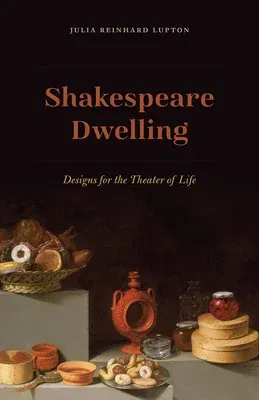Julia Reinhard Lupton
(Author)Shakespeare Dwelling: Designs for the Theater of LifeHardcover, 6 April 2018

Qty
1
Turbo
Ships in 2 - 3 days
In Stock
Free Delivery
Cash on Delivery
15 Days
Free Returns
Secure Checkout

Print Length
272 pages
Language
English
Publisher
University of Chicago Press
Date Published
6 Apr 2018
ISBN-10
022626601X
ISBN-13
9780226266015
Description
Product Details
Author:
Book Format:
Hardcover
Country of Origin:
US
Date Published:
6 April 2018
Dimensions:
21.84 x
14.22 x
2.29 cm
Genre:
British
ISBN-10:
022626601X
ISBN-13:
9780226266015
Language:
English
Pages:
272
Publisher:
Weight:
453.59 gm